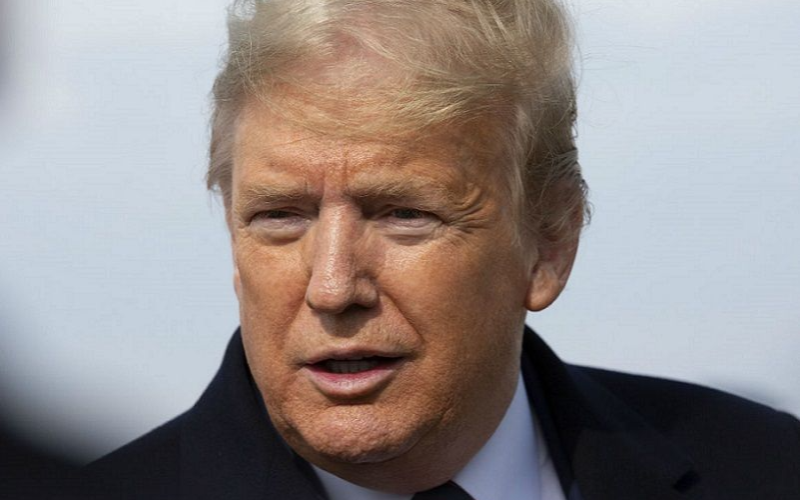Trump’s ICE Retreat: A Strategic Pause or Political Pivot?

In a surprising move that has stirred both praise and skepticism across the political spectrum, the administration of former U.S. President Donald Trump has instructed Immigration and Customs Enforcement (ICE) agents to significantly scale back workplace raids and arrests in the agriculture, restaurant, and hospitality sectors. The directive, revealed in an internal email obtained by The New York Times, marks a notable departure fr om the aggressive enforcement tactics that defined much of Trump's earlier immigration policy.
"Effective immediately, please pause all employment-related investigations in agriculture, restaurants, and hotels," the email reads—an unusually blunt and sweeping order for an agency long seen as one of the most zealous arms of federal immigration enforcement.
While the Trump administration remains unapologetically hawkish on immigration in rhetoric, this operational pivot hints at a pragmatic recalibration. Investigations related to human trafficking, money laundering, and narcotics smuggling will continue unaffected. Yet the suspension of routine workplace checks raises questions about political calculations in an election season wh ere Trump is courting support from both business owners and working-class voters.
For America's vast agricultural and service sectors—industries heavily reliant on undocumented labor—the pause may come as a relief. Farmers and hospitality executives have long warned that aggressive immigration enforcement threatens to upend essential operations, particularly during periods of labor shortage. With inflationary pressures already weighing on food and service prices, further disruption could have broad economic consequences.
Critics, however, see the move as political expediency cloaked in administrative necessity. Pro-immigration advocates argue that this should be a first step toward deeper reform, while hardliners within Trump’s own base may view it as a betrayal of his tough-on-immigration image.
It remains to be seen whether this pause signals a more permanent shift in strategy or simply a tactical retreat. In the theater of American immigration policy—where symbolism often matters more than substance—the real story may lie not in what ICE does, but in what it is told to stop doing.









